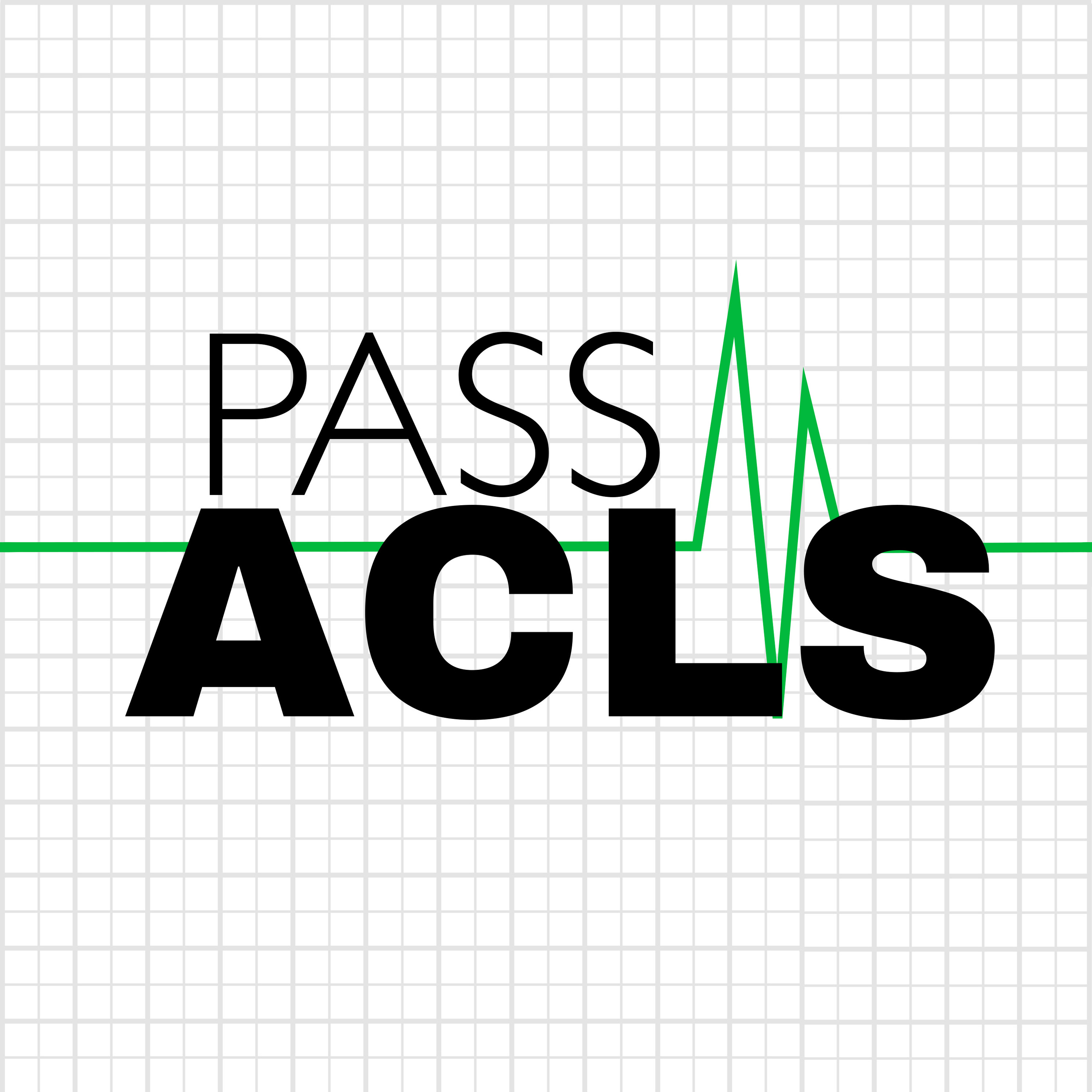Tablets & Toxins: An H&T Reversible Cause of Cardiac Arrest
Description
As an ACLS provider you do not need to be familiar with all of the different signs of various types of poisoning. You should be able to obtain a history and know to order toxicology.
The majority of toxins don’t have a specific antidote. There are a few toxins for which we have emergency interventions and ACLS providers should be familiar with.
Reviewing the patient's medical history for indicators that may lead us to suspect a tablet/toxin cause of cardiac arrest.
Administration of Narcan for suspected narcotics overdose following the Opioid Associated Emergency algorithm.
Other common ACLS Tablet Toxin scenarios with possible treatments.
Medications commonly used to treat specific toxins that are regularly stocked on crash carts or carried in EMS med bags.
ACLS providers that suspect a specific toxin should consult with their Pharmacy or call Poison Control for treatment directions.
Poison Myths and Misconceptions Discussion
Connect with me:
Website: https://passacls.com
@PassACLS on X (formally known as Twitter)
@Pass-ACLS-Podcast on LinkedIn
Give back - buy Paul a bubble tea here
Good luck with your ACLS class!
The Pharmacist’s Voice ® Podcast: https://www.thepharmacistsvoice.com/podcast/
More Episodes
Heart muscle contraction and repolarization is dependent on Sodium, Calcium, Magnesium, and Potassium ions crossing cellular membranes.
When a patient’s potassium levels get too low or too high, hypokalemia or hyperkalemia results respectively.
Two things that may lead us to suspect hypo or...
Published 06/04/24
Published 06/04/24
When treating patients having an MI or stroke, more minutes equals more dead cells. Because the majority of strokes are the ischemic type, the treatment for stroke is similar to an MI; to reestablish perfusion to the ischemic tissues.
Review the first four steps in the Stroke Chain of...
Published 06/03/24


